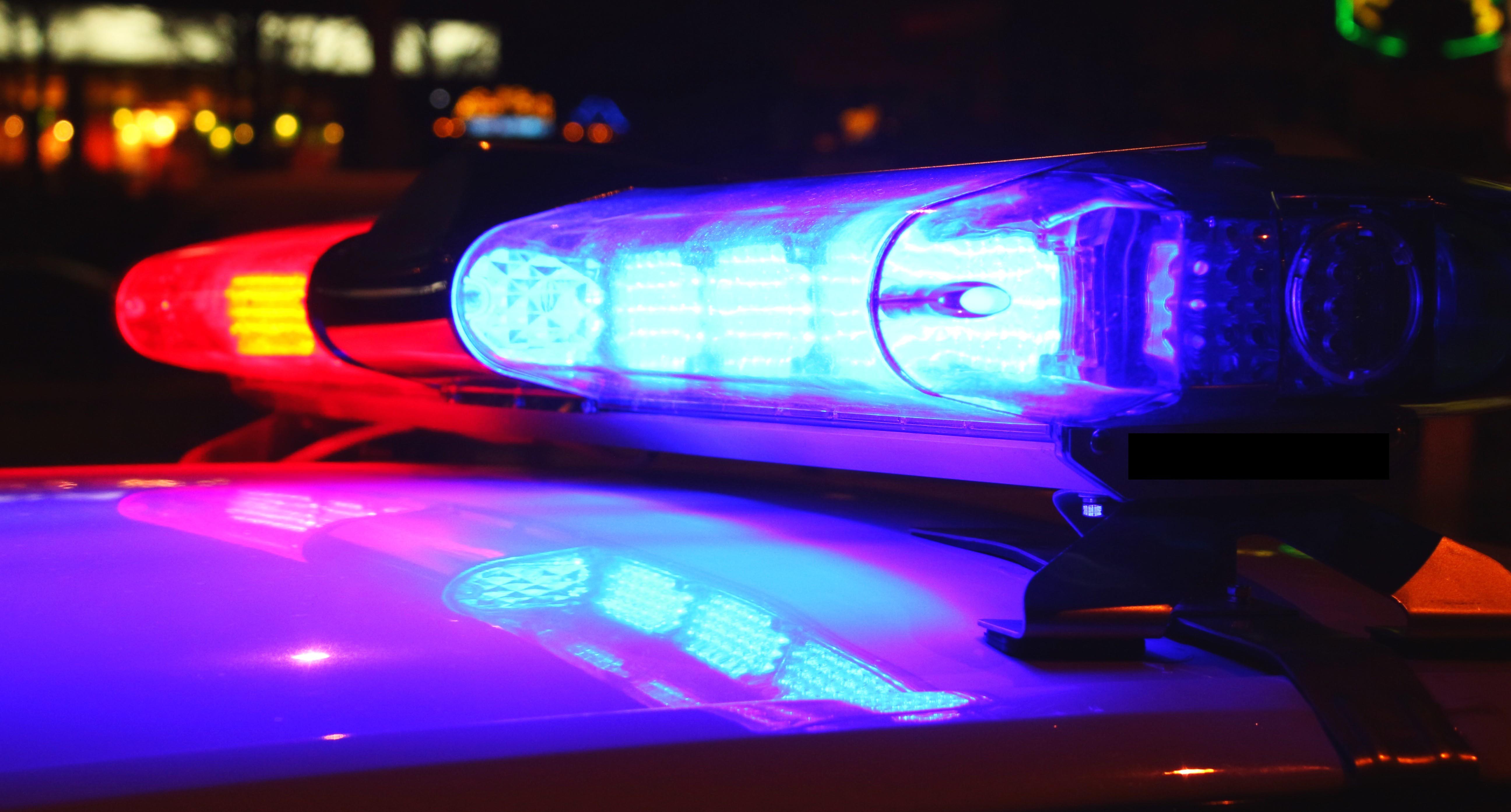Illinois' primary election will continue as scheduled on Tuesday, despite concerns over the state's growing number of coronavirus cases amid the global pandemic.
The Chicago Board of Elections warned Monday that election day was shaping up to be a major challenge, as polling locations and election judges across the city have dropped out of the proceedings entirely.
"Please, please heed our call and volunteer. Help us," Chicago Board of Elections Chair Marisel Hernandez said at a Monday news conference, issuing a final plea for Chicagoans to volunteer as election judges. To voters in general, she added, "We need your patience tomorrow."
Hernandez asked any voters who are healthy, able-bodied and have not traveled recently to volunteer to be election judges. The position pays $230 for new judges who complete the training, a four-hour online class and four five-minute videos that are all available online.
Election officials said Monday that due to extenuating circumstances, they will even deputize added judges on the spot if needed.
As for election day polling locations, officials advised voters to check the Chicago Board of Elections website here before heading to vote, entering their address to see where their polling place will be and if it has moved.
Local
As some called for the state to move the primary to a later date, Gov. J.B. Pritzker and the Illinois Board of Elections both said voting would proceed as planned.
"We have to have our elections continue, in my opinion. This is the right thing to do," Pritzker said at his daily coronavirus briefing. "Our democracy needs to go on, we need to elect leaders. If we canceled these elections, you know, when would you have an election, would be a question I might ask. But the most important thing is that we're taking every precaution."
Illinois election officials said in a statement that as of Monday afternoon, more than 504,000 early votes had been cast and more than 294,000 mail-in ballots had been sent to voters statewide - figures that eclipsed the 2016 primary numbers (400,000 and 160,000, respectively) and were likely to set new records, with still a full day of early voting to tabulate.
"As already noted, much of the voting for this election already has been done. Also, at this point there is no date in the foreseeable future when we can expect greater safety with any certainty," Illinois State Board of Elections spokesman Matt Dietrich said in a statement, adding that the board does not have the authority to change the date of the election.
"Doing so would require action by the General Assembly to amend the Illinois Election Code or a court order. We have no intention of seeking such an order nor has any other state official indicated that intent," Dietrich said.
"With Gov. Pritzker having ordered the closure of restaurants in Illinois as of tonight except for carryout service, we want to point out that in-person voting is a comparable transaction to picking up a takeout restaurant order or shopping at a grocery store," he continued.
"There is no need for close contact when requesting a ballot from an election judge and Illinois does not require voters to show ID; a voter’s signature compared to the signature on record is proof of identity. Primary voting typically is a swift transaction that can be done at a safe distance from other voters."
With fears of coronavirus spreading, poll workers are wearing gloves and election officials say hand sanitizer, disinfectant wipes and screen wipes will be available at every polling location.
Campaigning has turned into digital town halls for the Democratic presidential candidates, former Vice President Joe Biden and Sen. Bernie Sanders. And locally, many candidates are impacted by the coronavirus as well, putting an end to in-person campaigning and cancelling election night parties.
Health officials on Monday announced an additional 12 cases of coronavirus in Illinois, bringing the number of cases in the state to 105. A lack of testing and the virus' potential for asymptomatic transmission in particular have led health experts nationwide to recommend that members of the public stay home as much as possible to practice social distancing and prevent further spread of the deadly coronavirus.



